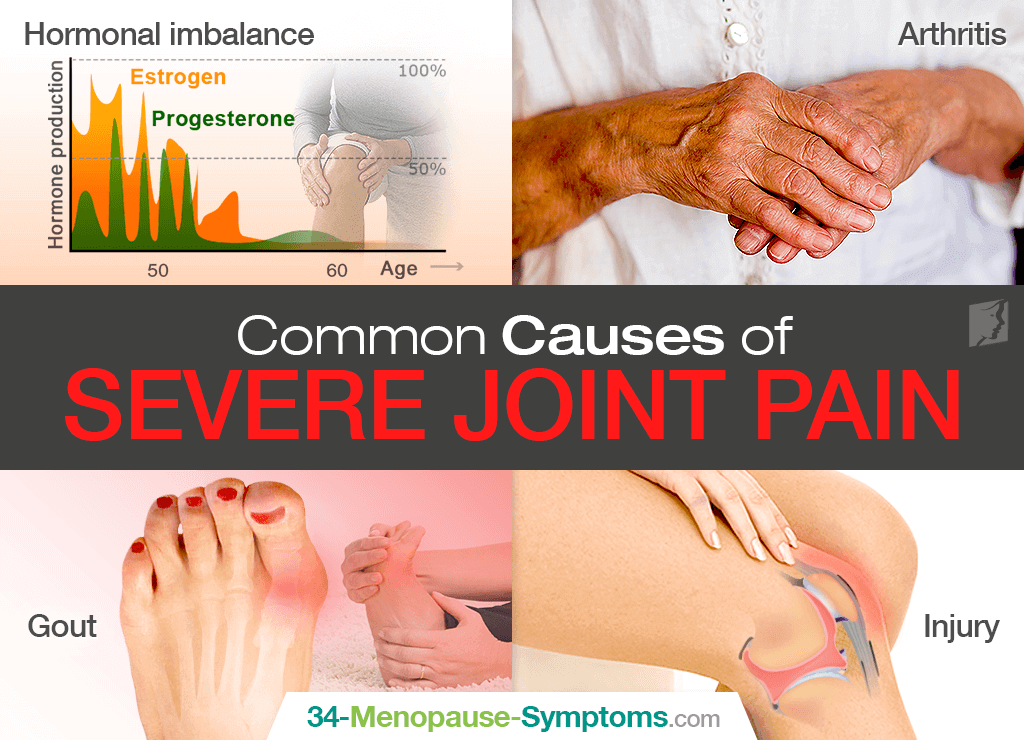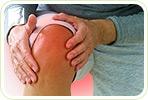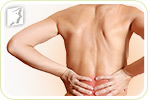Unfortunately, with age comes a multitude of health and wellness changes and potential problems - one of the most common being severe joint and muscle pain. Research has shown that a larger proportion of women than men are prescribed with arthritis every year - between 2013 and 2015 the number of sufferers amounted to 26% of women. In addition to arthritis, there are other factors that can be severe joint pain causes, read on to find out more about these, and about some different treatment ideas.
Common Causes of Severe Joint Pain
There are a multitude of reasons that can cause joint pain, and so it is advisable to seek advice from your doctor in order to explore your personal condition. Some of the most frequently seen explanations for severe joint and muscle pain are:
Hormonal imbalance. Hormonal changes before and during the menopause transition are thought to play a significant role in causing joint pain in women. Although the reasons for this are not fully understood, it is known that joint pain becomes more frequent and intense when women reach this stage in their reproductive life.
Arthritis. Postmenopausal women are sadly prone to arthritis, a difficult condition which can cause severe joint pain. It involves the deterioration of cartilage at the end of the bones. The knees, hips, and hands are most commonly affected, but pain, stiffness, and swelling can become present in any joints of the body.
Gout. This is a type of arthritis that is usually caused by poor health as a result of excessive drinking and/or consumption of an unhealthy diet. Signs of gout often originate in the joints of the big toes, but can affect other areas too. Joints will become swollen, red, and hot, as well as tender and sore.
Injury. Severe joint pain can be caused by injury - commonly of the knee. This condition is medically known as traumatic synovitis, and causes inflammation of the bodily tissue between the joints and muscle tendons. Many athletes who have excessively used joints such as knees and elbows can suffer from this problem.
How to Treat Severe Joint Pain
Depending on the reason behind your experience, there are a number of severe joint pain treatments that can be looked into, in order to alleviate soreness and swelling. Some of the most effective, and popular coping methods include:
Applying heat. Many women find that the use of a hot water bottle, microwaveable heat pad, or topical heat gel is successful for the quick relief of severe joint pain. Alternatively, taking a hot bath or shower can have similar effects.
Taking regular exercise. Although this might sound like the last thing you want to do, exercise is vastly helpful for easing joint pain. It can help to enhance your muscle strength and flexibility and decrease stiffness. Care should be taken to ensure you do not cause damage to your joints - start gently such as with swimming or Pilates.
Administering pain-killing medication. Over-the-counter pain medication such as paracetamol or Tylenol can usually provide fast pain relief. Ibuprofen is also recommended because it can both relieve pain and reduce inflammation.
Suffering from severe joint pain all over can be extremely upsetting, especially if it inhibits you from continuing with your normal day-to-day activities. Fortunately, there are many different techniques that women find to be beneficial for managing and relieving the pain.
Sources
- National Health Service UK. (2016). Joint pain. Retrieved June 1, 2017, from http://www.nhs.uk/conditions/joint-pain/Pages/Introduction.aspx
- National Health Service UK. (2016). Osteoarthritis. Retrieved June 1, 2017, from http://www.nhs.uk/conditions/osteoarthritis/Pages/Introduction.aspx
- National Health Service UK. (2015). Gout. Retrieved June 1, 2017, from http://www.nhs.uk/conditions/Gout/Pages/Introduction.aspx
- Centers for Disease Control and Prevention. (2017). Arthritis-Related Statistics. Retrieved June 1, 2017, from https://www.cdc.gov/arthritis/data_statistics/arthritis-related-stats.htm




